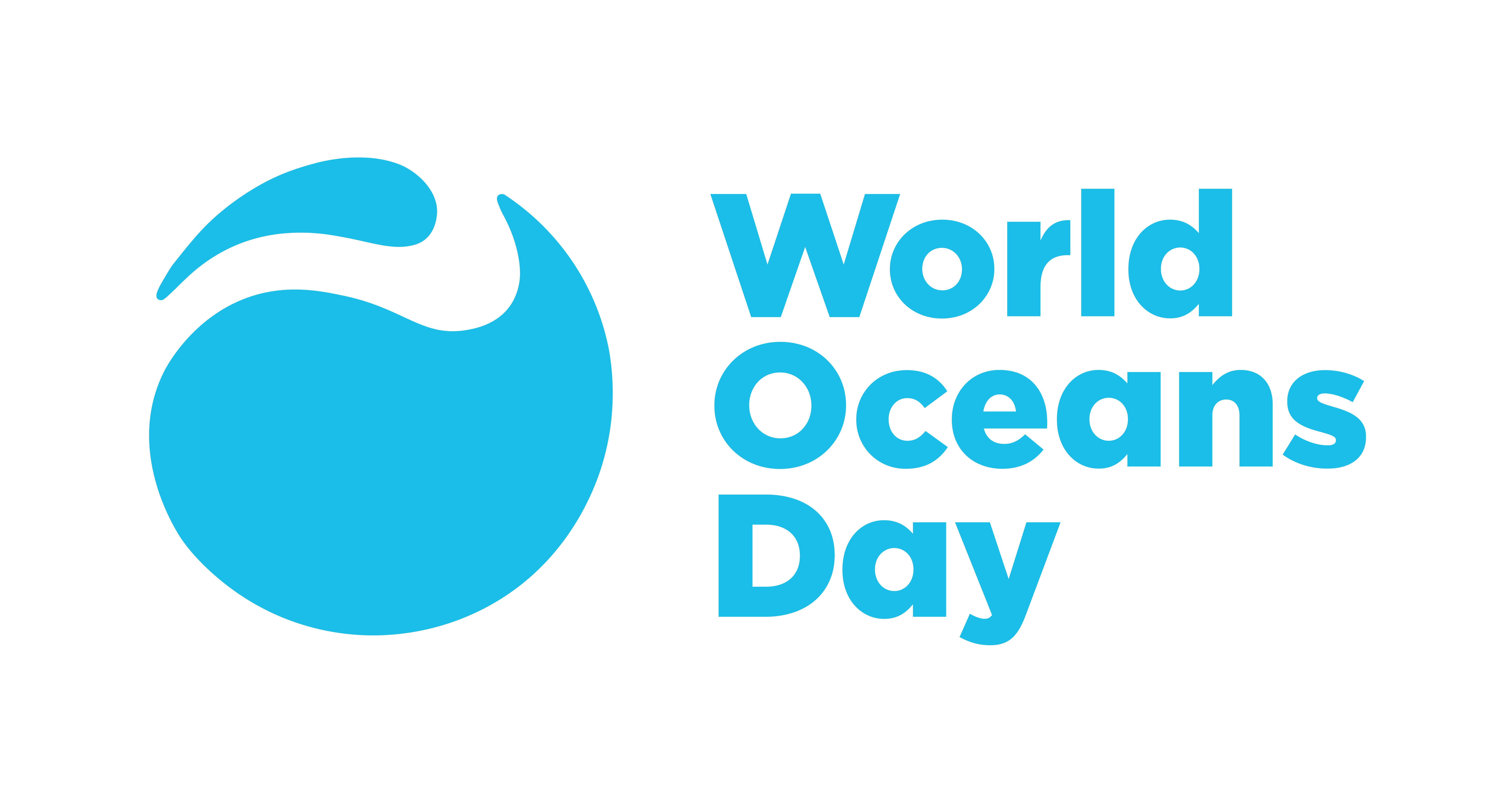
June 8th is annual World Oceans Day, a movement to unite conservation action around the globe. To mark this event, we’ve brought together a selection of marine-focused posts from our Community contributors.
- Timothy Clark questions whether ocean acidification is driving fish bonkers! Timothy’s blog discusses how he attempted to replicate the results of some recent pioneering studies, showing that end-of-century seawater carbon dioxide levels caused dramatic behavioural and sensory impairments in a suite of coral reef fishes, but couldn't...
- Did green plants start in the ocean or on the land? Qing Tang (Virginia Tech) describes the recovery of an ancient green seaweed in North China.
- Research by Jamison Gove and colleagues has shown that many larval fish species from different ocean habitats are surrounded by - and are ingesting - plastics in their preferred nursery habitat.
- The use of electronic and satellite tracking data from birds and marine mammals has enabled Ryan Reisinger and colleagues to develop a method for assessing which areas of the remote Southern Ocean warrant special protection.
- Alejandra Ortega says that very few scientists consider macroalgae in the blue carbon framework, despite the fact that they contribute 2-4% to marine primary production. Alejandra’s blog outlines a systematic assessment of the contribution of macroalgae to oceanic carbon stocks.
- A post by Alex Wyatt describes the discovery of cooling of reefs by internal waves across the Pacific Ocean, a widespread process that can reduce heat accumulation in potential refuge habitats.
- From a study at Tallon (Jalan) Island in the Kimberley region of northwest of Australia, Christopher Cornwall discusses how young coralline algae can become tolerant to ocean acidification after multiple generations of exposure in the laboratory.
- Laura Antao’s blog outlines how thousands of biodiversity time series from temperate regions were used to link biodiversity change to temperature change, and to compare ocean and land responses. “It was really exciting to be able to use so many data for so many groups of species and to tease apart these patterns in the ocean and on land in the same analysis.”
To read these articles in full, visit our World Oceans Day channel. And if you’d like to see more ocean-related blogs, go to our Sustainability Community channel, or create your own!

Follow the Topic
Ecology
Life Sciences > Biological Sciences > Ecology

Please sign in or register for FREE
If you are a registered user on Research Communities by Springer Nature, please sign in